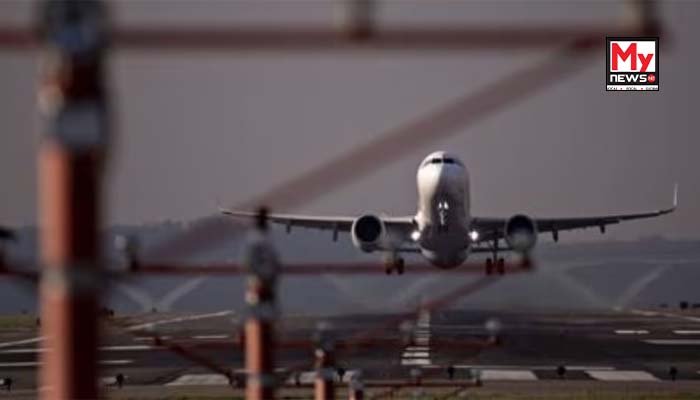Window Blinds Down! DGCA Tightens Security at Dual-Use Airports
In a significant move to ramp up security, especially along India’s sensitive western frontier, the Directorate General of Civil Aviation (DGCA) has issued a stern directive to all commercial airlines. The aviation watchdog has mandated strict security protocols for flights operating from dual-use airports – facilities that cater to both civilian and military operations. This comes amidst lingering security concerns following recent hostilities and the retaliatory ‘Operation Sindoor’ by the Indian armed forces.
As per the new guidelines, passengers flying into or out of these critical defence airfields will now be required to keep all window shades completely closed during takeoff and landing. The blinds are to remain shut until the aircraft ascends past 10,000 feet after departure and must be drawn again when descending below the same altitude during arrival. An important exception has been made only for emergency exit rows, allowing those windows to remain uncovered. This measure is a direct response to the temporary closure of 32 airports across northern, central, and western India during Operation Sindoor, which had significantly impacted air travel.
Further bolstering aviation security, the DGCA has also reiterated its long-standing ban on photography and videography by passengers at or near military bases while airborne. Airlines are now explicitly tasked with informing passengers about these restrictions and the potential legal consequences of non-compliance. The aviation regulator stressed that operators must “communicate the potential consequences of non-compliance, including regulatory or legal action as per applicable security protocols.”
To ensure compliance, mandatory pre-flight announcements will now be made before both takeoff and landing, serving as a reminder to passengers to close window shades and refrain from using any recording devices. Additionally, all airline operators have been instructed to develop comprehensive Standard Operating Procedures (SOPs) for their crew members, specifically addressing safety and security risks inherent in operating from defence airports. The DGCA emphasised that these temporary guidelines are crucial for ensuring “operational safety” and preventing any “unintentional sharing of security-related information by the public.” The directive applies to a wide array of key airports, including Leh, Srinagar, Jammu, Pathankot, and Goa (Dabolim), among others.
Also read: Assam: Jail Constables Held for Alleged Gang Rape Inside Sribhumi Prison

